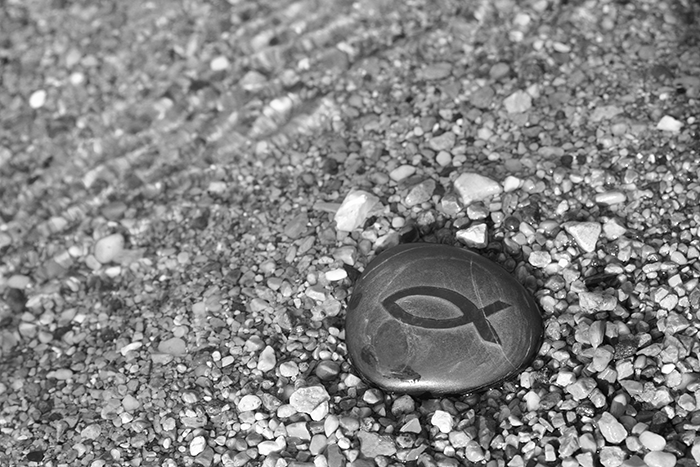Most of us long for a better world –a world free from conflict and war, lying and cheating, corruption and injustice. We long for a world where there is justice and peace. But the reality is that in various ways and to various degrees, we become caught up in the ebb and flow of human conflict and injustice. ‘Can anyone be trusted?’ we ask. And indeed, because these human failings seem to have become endemic, we become cynical about law-makers, the opinion-makers, and the traditional church.
Where in the world today do we look for hope – to lawmakers, educators, or the courts? All these institutions can do great things, but if we’re honest we know they can only do so much. I want to suggest that because our real problem is our broken relationship with God, there is no real answer apart from the events of Good Friday and Easter day that we have touched on over the last weeks.
Consider the charge he left his disciples that we read about in Acts 1:8: But you will receive power when the Holy Spirit has come upon you; and you will be my witnesses in Jerusalem, in all Judea and Samaria, and to the ends of the earth.
These words go to the heart of The Acts of the Apostles which we can sum up with the phrase: ‘The Hidden Rule of Christ’. Two things stand out: the limited agenda of the disciples, and the global agenda of Jesus.
The limited agenda of the disciples: Lord, is this the time when you will restore the kingdom to Israel?
they asked. Jesus had been speaking about how the new age of God’s Messiah had dawned and how the promises of the prophets were being fulfilled. The disciples were excited about this and began thinking that at last Jesus was going to reveal his true power and position as Israel’s rightful king. They spoke of Jesus restoring the kingdom. Clearly they were thinking in political categories – the restoration of the monarchy.
They also referred to the kingdom of Israel. They were thinking in nationalistic terms: the power and position of Israel as a nation. They questioned whether this would happen soon. They were thinking that now Jesus was risen from the dead, his coming in kingly power and glory would soon take place.
We need to consider this. Many have thought in much the same categories as those first followers. Events in the Middle-East, especially if they involve Israel, always stir some people to open up the Book of Daniel in the Old Testament and the Book of Revelation in the New, with a view to making predictions concerning the end times.
But look at Jesus’ response: He replied, “It is not for you to know the times or periods that the Father has set by his own authority.
His words are a rebuke: ‘Friends,’ he is saying, ‘That’s not for you to know. That’s ‘Top Secret’! We need to remember this when people are getting excited with predictions about the end times: ‘You’re not to worry about that,’ says Jesus. ‘I have something much more important for you to do with your time and energy.’
Consider his agenda: You will be my witnesses in Jerusalem, in all Judea and Samaria, and to the ends of the earth.
Yes, it’s another agenda, but it’s his action plan for his followers. Their vision is short-sighted and parochial – limited to the nation of Israel. Jesus wanted them to lift their eyes to the needs of the world. ‘Listen,’ he is saying, ‘you’re being nationalistic and territorial. Come with me and see the big picture. The account and the implications of my death and resurrection must be told – first, here in Jerusalem, then in Judea and Samaria, and finally to the ends of the earth.’
It is easy for us to be like the disciples and put all our energies into working at political solutions for the world’s ills. Yes, politics have their place, but God did not send a politician to rescue the world. He sent a Savior. What is more, the Savior, Jesus Christ, now calls us into partnership with him in his agenda that is spiritual in its focus (men and women need God’s gospel to touch and change their minds and souls), global in scope, and far-flung in time.

